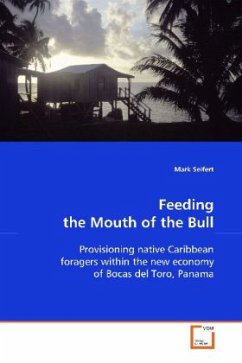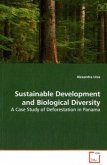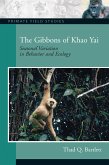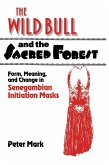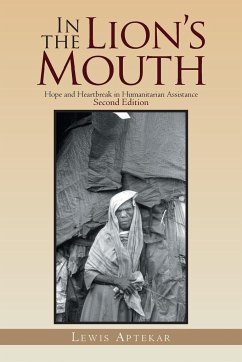Aimed at economic anthropologists and scholars of
tropical human ecology, this monograph details the
food provisioning system of the maritime Guaymi of
the Bocas del Toro Archipelago in the rural
Caribbean of Panama and attempts to situate the
Guaymi within a larger theoretical context
related to non-domesticated provisioning and
suggests how anthropologists should think about
people who engage in foraging activity, but not
exclusively.The maritime Guaymi have for decades
been identified as subsistence farmers but have
also hunted and fished the forests and seas
to gain essential and substantial items of
sustenance. This diachronic study details
multiple facets of the Guaymi food production system
and proposes that micro-economic provisioning
clusters exist and serve as adaptive mechanisms.The
discovery and examination of the maritime Guaymi
food production system informs on a larger
theoretical construct concerning the concept
of part-time foragers .Using the Guaymi as an
ethnographic example, a foraging continuum is
identified and assessed and perspectives on how
anthropology can begin to evaluate this sustenance
group is proposed.
tropical human ecology, this monograph details the
food provisioning system of the maritime Guaymi of
the Bocas del Toro Archipelago in the rural
Caribbean of Panama and attempts to situate the
Guaymi within a larger theoretical context
related to non-domesticated provisioning and
suggests how anthropologists should think about
people who engage in foraging activity, but not
exclusively.The maritime Guaymi have for decades
been identified as subsistence farmers but have
also hunted and fished the forests and seas
to gain essential and substantial items of
sustenance. This diachronic study details
multiple facets of the Guaymi food production system
and proposes that micro-economic provisioning
clusters exist and serve as adaptive mechanisms.The
discovery and examination of the maritime Guaymi
food production system informs on a larger
theoretical construct concerning the concept
of part-time foragers .Using the Guaymi as an
ethnographic example, a foraging continuum is
identified and assessed and perspectives on how
anthropology can begin to evaluate this sustenance
group is proposed.

